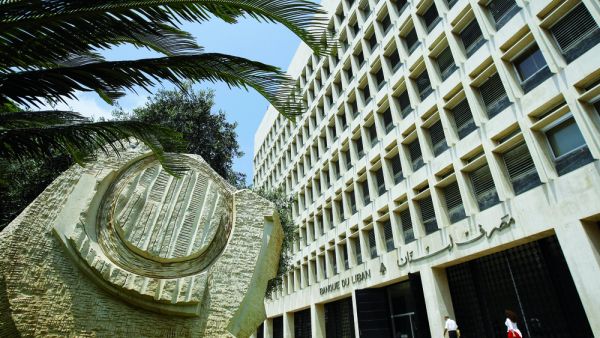Riyadh-Saudi Arabia has taken new measures concerning bank transfers conducted by Lebanese from Saudi Arabia to their home country, according to the chairman of the Lebanese Chamber of Commerce.
Mohammed Shuqair told Asharq Al-Awsat newspaper that currently each bank transfer “takes around three to four days before reaching Beirut, the time Saudi authorities spend to detect the identity of the sender and the party to whom money is sent, in an attempt to prevent these transfers from reaching terrorist organizations.”
Shuqair said the new Saudi step was not political, but described it as “a security and economic step that abides by the international banking law.”
Last April, Saudi Arabia and the United States had added a number of organizations on their lists of "terrorist groups". A Saudi-US partnership had also helped take measures against six individuals and entities collecting money and supporting activities linked to the Lebanese Hezbollah.
There are currently 17 individuals and 6 entities from Hezbollah on the Saudi "list of terrorists".
Saudi authorities consider that controlling the financing of those extremist groups, which include Daesh, al-Nusra Front and Hezbollah, remains one of the Kingdom’s main priorities.
The authorities added that the Kingdom will continue to combat extremist activities with all the available means and will continue to work with its partners in the world in this regard.
Last week, Lebanon’s Central Bank closed 100 bank accounts linked to Hezbollah in line with the US law targeting the party’s financing, and said it was working on implementing this law.
Local media reports published information concerning the possibility of closing the bank accounts of new figures and entities linked to the party, including the accounts of Rassoul Al Aazam Hospital, which is considered one of the party’s leading medical centers, and is used by Hezbollah to treat its fighters injured during the war in Syria.
By Fahd Al-Zayabi








